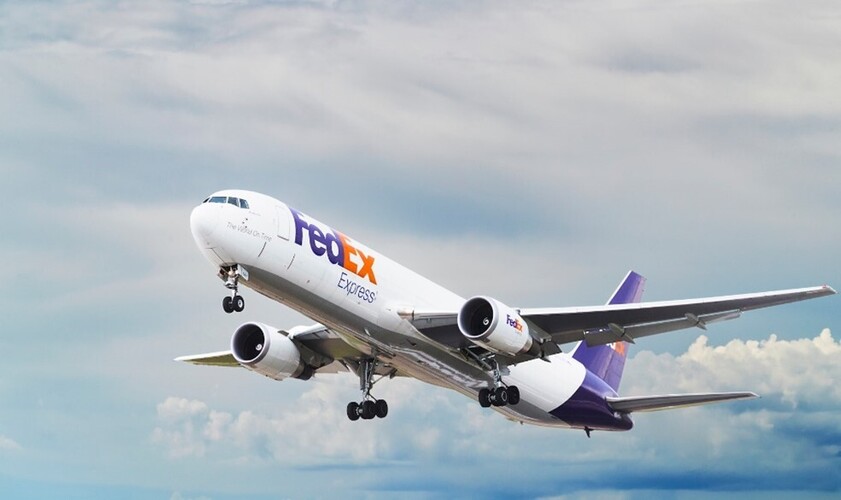
FedEx Express (FedEx) is ready to support Malaysian businesses in tapping potential growth opportunities from the Regional Comprehensive Economic Partnership (RCEP).
The express transportation company highlighted the key opportunities offered by this trade agreement that local economies and businesses can tap at the RCEP conference held on December 15, 2022.
The RCEP is the world’s largest free trade agreement covering 15 countries. Malaysia became the 12th signatory country in March 2022 to implement the RCEP Agreement.
“FedEx plays a critical role in expanding trade, helping businesses build nimble supply chains and delivering local products and services to global customers around the world,” the FedEx’s statement read.
FedEx shared how the company can support local companies globalize their business by taking advantage of this economic agreement.
“FedEx has been a long-time advocate for free global trade. We are delighted to see Malaysia become a member state of the RCEP,” said FedEx Express Malaysia managing director SC Chong.
Chong added: “For local businesses looking to leverage RCEP to fuel their future growth, it is vital to find a reliable logistics partner who can provide the right solutions to meet the diverse needs for themselves and their customers.
“Since Asia Pacific has a 30% share of the global air cargo market, FedEx will continue to monitor demand in the region including Malaysia, optimize our global network, and provide the right solutions to help SMEs tap new markets and benefit from greater import and export opportunities.”
The conference was organized by FedEx in collaboration with think tank Institute for Democracy and Economic Affairs (IDEAS).
Other industry leaders invited as keynote speakers included representatives from the Ministry of International Trade and Industry (MITI) Malaysia, IDEAS, Institute of Southeast Asian Studies (ISEAS) Yusof Ishak Institute and Deloitte’s Global Trade Advisory, Climate Change and Sustainability.
RCEP is the world’s largest free trade agreement, covering nearly one-third of the world’s Gross Domestic Product (GDP) and close to one-third of the world’s population.







